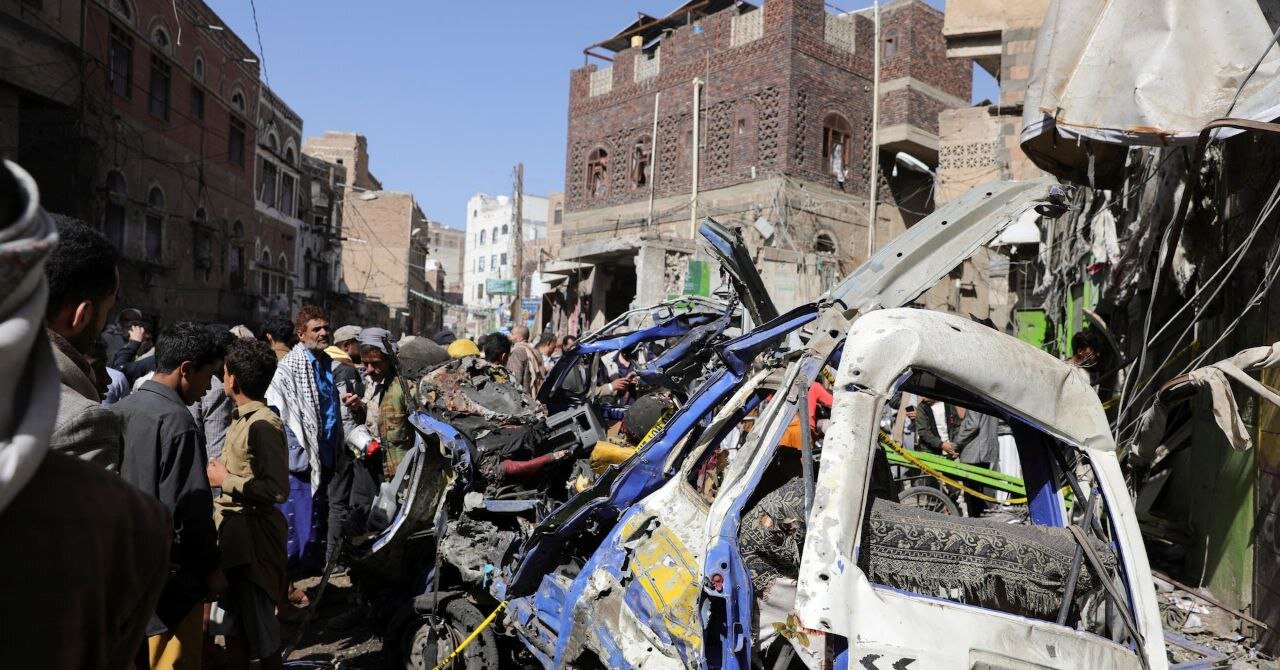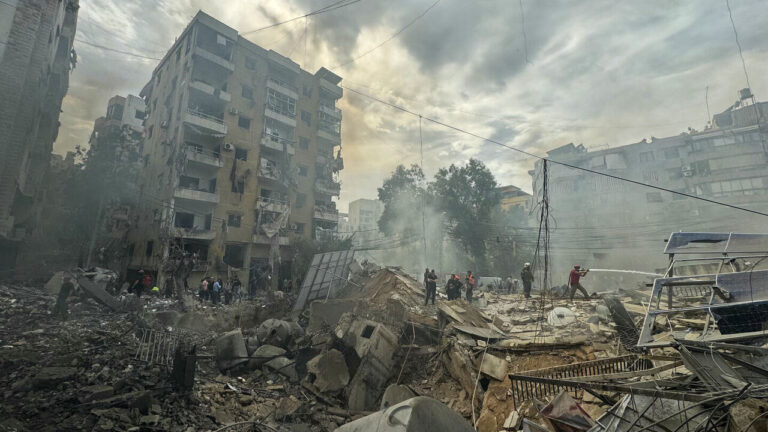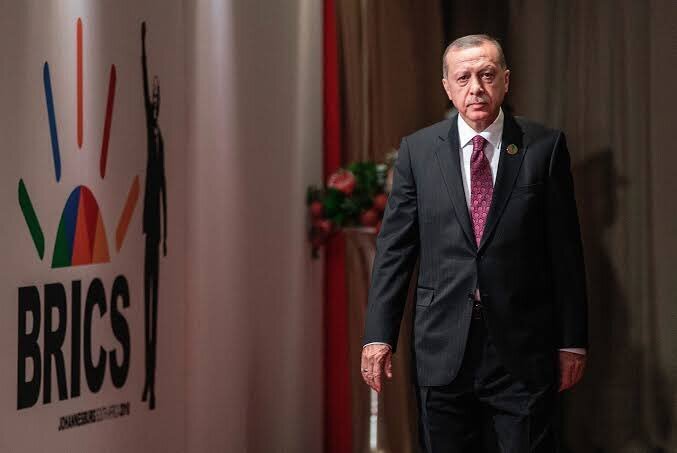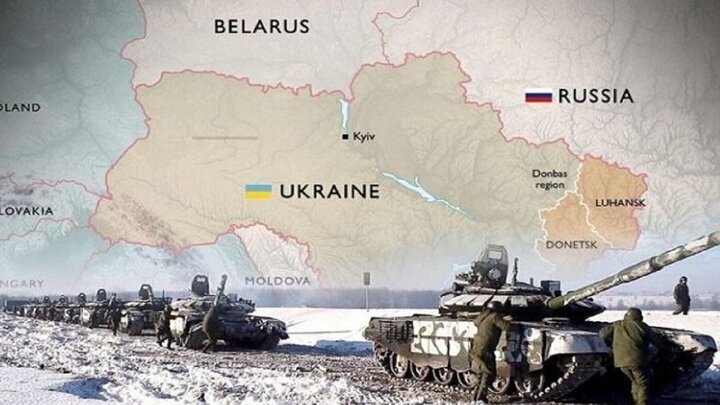Yemen Faces Escalating Airstrikes Following Haifa Operation: A Surge in Conflict
In recent developments, U.S. warplanes have intensified their airstrikes on Yemen, igniting concerns over the humanitarian impact and escalating military tensions in the region. This military action follows a remarkable missile attack on Israeli targets in Haifa, marking a significant turn in the ongoing conflict.
According to reports from Ansarallah’s media center, there has been a series of U.S. airstrikes targeting various Yemeni provinces, including Hodeidah and Sanaa. Specifically, the airstrikes have impacted:
- Districts northwest and west of Hodeidah city
- The Bani Hushaysh district in Sanaa province
- Surrounding areas of the Yemeni capital
- Kamaran Island in the Red Sea
These strikes followed earlier attacks in Marib province and two in Amran province, situated approximately 50 kilometers north of Sanaa. The escalation of U.S. military operations came in response to a significant operation conducted by Yemeni forces, which included the launch of a hypersonic ballistic missile aimed at a strategic target in Haifa.
Brigadier General Yahya Saree, a spokesperson for the Yemeni military, confirmed that the missile successfully struck its target without being intercepted by Israeli air defenses. This unprecedented action reportedly caused widespread panic among Israeli settlers, prompting over two million residents to seek refuge in bomb shelters. Furthermore, a second operation involved the use of an armed drone that struck a vital site in Tel Aviv.
The Israeli military acknowledged their attempts to intercept the missile launched from Yemen, with air raid sirens sounding across northern Israeli settlements near the Lebanese border. Reports from Hebrew-language media indicated that settlers experienced up to 20 explosions, fueling speculation that the Ramat David airbase near Haifa was the intended target.
In response to these developments, Ansarallah leader Sayyed Abdul-Malik al-Houthi praised the Haifa attack, describing it as “a surprise to the enemies.” He asserted that despite the relentless U.S. bombardment, Yemen’s military capabilities remain robust. Al-Houthi stated, “Over 1,200 U.S. airstrikes have failed to weaken Yemen or halt its operations.”
The Ansarallah leader emphasized Yemen’s principled stance in support of the Palestinians, questioning the international community’s response: “Has the world collapsed? Has Yemen been erased from the map simply because it took a bold stance rooted in reliance on God?” He urged other Muslim nations to follow Yemen’s example.
Despite the heightened U.S. airstrikes, the Sanaa-based government has responded by intensifying its operations against both the U.S. and Israeli forces, a move seen as a reaction to the ongoing conflict in Gaza. According to Yemen’s Health Ministry, the U.S. airstrikes since mid-March have resulted in the deaths of at least 107 civilians and injuries to 223 others, with the majority being women and children.
In Washington, the rising civilian toll is raising alarms. As reported by the Washington Post, three Senate Democrats have urged Defense Secretary Pete Hegseth to account for the increasing civilian casualties resulting from U.S. strikes targeting Ansarallah. The lawmakers have called on the Trump administration to reassess its military strategy and consider the humanitarian costs associated with these actions.
As the situation unfolds, the implications of these military actions continue to resonate globally, highlighting the urgent need for dialogue and resolution in the region. The humanitarian crisis in Yemen remains dire, and the international community watches closely as tensions escalate further.
In conclusion, the conflict in Yemen, exacerbated by U.S. airstrikes and military actions, calls for an urgent reassessment of strategies to protect civilian lives and promote stability in the region. The need for a peaceful resolution is more pressing than ever, as both sides face increasing consequences from ongoing hostilities.






